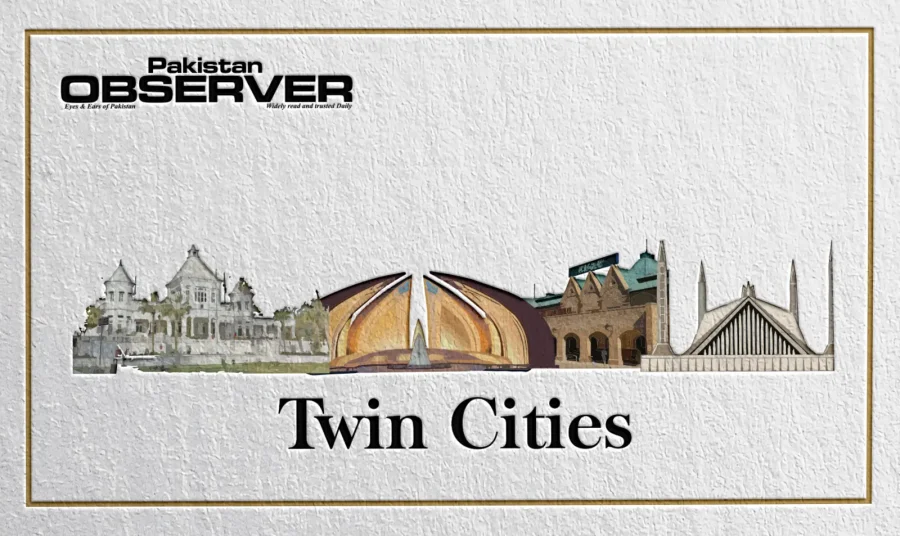Zubair Qureshi
The 18th Youth Parliament Pakistan has convened its third virtual session and youth from across Pakistan converged online to participate in the session.
The session featured discussions, Youth Standing Committee elections and insights into the future of governance. The 104 primary members and 54 alternate members representing all the National Assembly constituencies of Pakistan, including Azad Jammu & Kashmir, Gilgit-Baltistan and Overseas Pakistanis participated in the session.
The session proceeded with a presentation on the Assessment of the Quality of General Election 2024.
The key points of the presentation highlighted the evolution of Pakistan’s electoral process since 2002, with a focus on the three phases of elections: pre-poll, polling day and post-poll. The methodology and process of the PILDAT survey were explained, which assessed the fairness and key issues during each phase. The presentation also addressed speculations surrounding the Election Management System (EMS) and the Election Commission of Pakistan’s (ECP) justifications regarding its use. A comparative assessment of the quality of elections was also presented, culminating in recommendations for the ECP and Parliament to further improve the electoral process.
Following the presentation, the floor opened up for an interactive Q&A session that encouraged active participation and the exchange of diverse viewpoints.
Some important points raised by the MYPs included the impartiality of the Election Commission of Pakistan, the need for a transparent judicial commission and the ECP’s reliance on technology as an excuse. Additionally, MYPs wondered whether youth would participate in the next general elections given the current circumstances. Furthermore, they emphasized on the subjects of the Charter of Democracy and manipulation of forms 45 and 47; one highlighted the need to include election budget spending analysis in the report.
Following this, the elections for the remaining YPP Standing Committees took place, wherein MYPs effectively established 14 standing committees and elected 56 office-bearers.
According to the spokesperson of the Pakistan Institute of Legislative Development And Transparency (PILDAT), the 18th Youth Parliament Pakistan is a project of PILDAT and dedicated to instilling values of civic education, democracy, peace and tolerance among Pakistani youth.
The 18th YPP symbolizes a new era of youth engagement with the third session’s success heralding a promising future for youth-led policy discourse in Pakistan.










